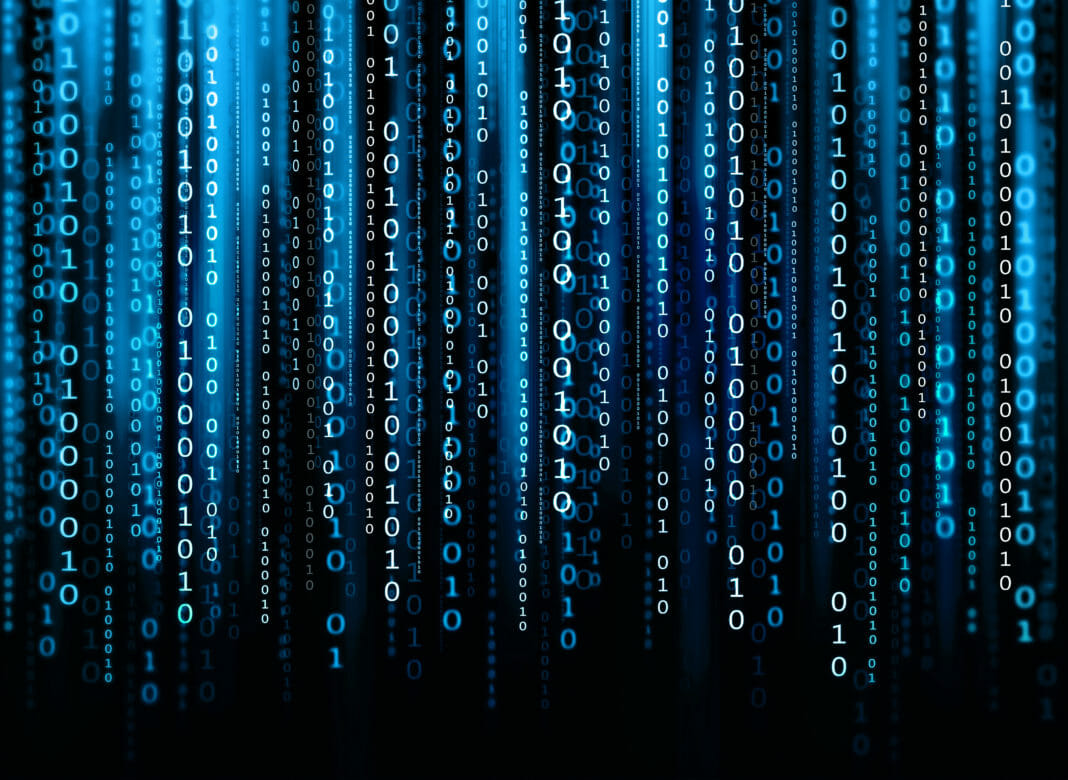The proposal is currently being processed in the European Parliament. The document presented by the artists brings up their concerns about the advancement of AI and the need to regulate it. Hollywood artists and writers have been carrying out protest measures against technology for months.
The Association of Visual Artists of the Balearic Islands has delivered a document to the Spanish MEPs proposing a series of modifications to the Artificial Intelligence Law. This proposal is in full development of its approval process in the European Parliament.
The artists understand that the “deregulation” of technology causes “serious moral and economic damage” to the cultural sector.
The Balearic group of artists has sent their claims to the MEPs through the “Report and Recommendations on the Protection of Visual Artists and artistic creations around Generative Artificial Intelligence (AI).
What Balearic Artists Ask Legislators on the European Law on Artificial Intelligence
The document presented was the work of 42 associations, unions and institutions that own creators and copyrights in the European area. All of them are grouped in the initiative ‘Initiative Urheberrecht’. The report explains the current operation of Generative AI and raises the need for specific changes to the Artificial Intelligence (AI) Act.
The organization speaks of “serious moral and economic damage that its deregulation is causing in all sectors of culture, especially in relation to copyright.” Specifically, they advocate regulation.
The Balearic entity hopes that the document allows a “greater understanding” of this new technological reality by MEPs. It also mentions “the importance of regulating its use in the European space, since it has a direct repercussion on the artists of the autonomous and national territory, and on their creations”.
Approval of the First Regulation on AI
As a recent precedent, the European Parliament approved a project to regulate the use of AI and, thanks to this step, open a path of negotiations with the 27 countries of the bloc. The idea originally raised is to be able to arrive at a regulation that has the most solid consensus possible by the end of 2023.
The vote on the so-called Artificial Intelligence Law had 499 votes in favor, 28 against and 93 abstentions. According to the official communication of the European legislative body, the final result of the text will depend on the dialogue between the countries. Negotiations with technology companies that develop AI must also be included in this intricate debate. If successful, the regulation would not enter into force until 2026.
The fundamental premise on which the regulations have been worked on has a clear indicator: the greater the risks to people’s rights or health, the greater the obligations for technological systems. In other words, more risk equals more regulation.
Hollywood Writers and Artists Strike against AI
The American actors’ union SAG-AFTRA has recently gone on strike. It was in response to the proposal of the Alliance of Film and Television Producers (AMPTP) to digitize the actors through artificial intelligence (AI).
Fran Drescher, the president of the actor’s union, has described as “insulting and disrespectful” the proposals established by the Alliance of Film and Television Producers. The determination of scriptwriters and actors translates into a historic standstill, materialized with the closure of Hollywood for the first time in 63 years.
By Leonardo Pérez











